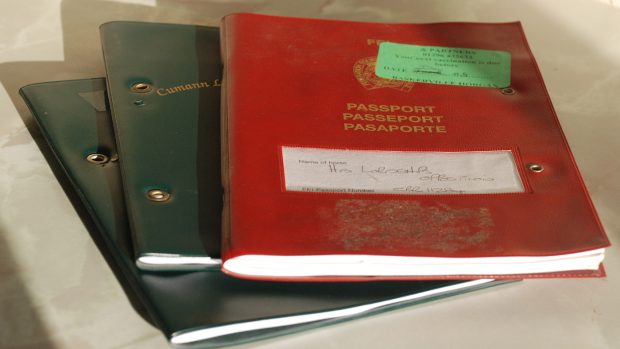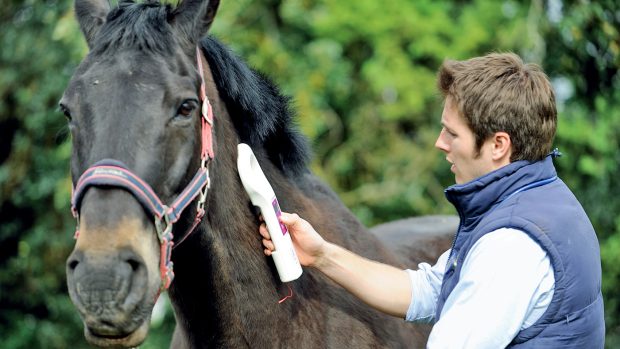Hot branding of horses is “painful and unacceptable” and should be phased out, a group of top equine vets has advised the government.
The vets say the introduction of compulsory microchipping in July affords an opportunity to cease hot branding.
As part of Defra’s consultation on compulsory microchipping, the British Equine Veterinary Association (BEVA) has called for hot branding to be outlawed.
It says branding will be unnecessary when a Europe-wide regulation requiring the microchipping of horses applying for new passports, becomes law.
BEVA chairman Chris House said: “We believe branding is done more for tradition than identification. Having seen videos of branding sessions, I believe it is not very suitable.”
Hot branding is used by the Exmoor Pony Society and a number of British warmblood studbooks, as well on ponies on Exmoor, Dartmoor, the Welsh mountains and the New Forest.
Under the EU legislation, Defra can make a derogation for semi-feral ponies, so they need not be microchipped until they are sold on. A number of societies and groups have applied for this exemption.
Gill Wright, chairman of the New Forest Pony Society, added: “Eighty per cent of our ponies are totally wild and cannot be caught. Microchipping them would be impossible and pointless.”
But she said a brand was a necessity to identify the ponies and denied that it was cruel.
The Exmoor Pony Society declined to comment, as did the Snowdonia Society, which speaks for Welsh hill farmers in the national park.
The British Hanoverian Society (BHHS) has applied for a derogation, claiming its horses do not need to be microchipped as they already have a unique identifying mark — their brand.
BHHS secretary John Shenfield said they brand 150 to 250 foals annually.
He said: “Branding causes momentary pain, but we believe it to be on the same level as that caused by microchipping.”
BEVA’s recommendation is under consideration, a Defra spokesman said, adding that the government believes microchipping offers better identification than branding.
The Royal College of Veterinary Surgeons believes hot branding of wild and semi-feral ponies is acceptable for identification, but domestic horses should not be branded.
This article was first published in Horse & Hound (7 May, ’09)



